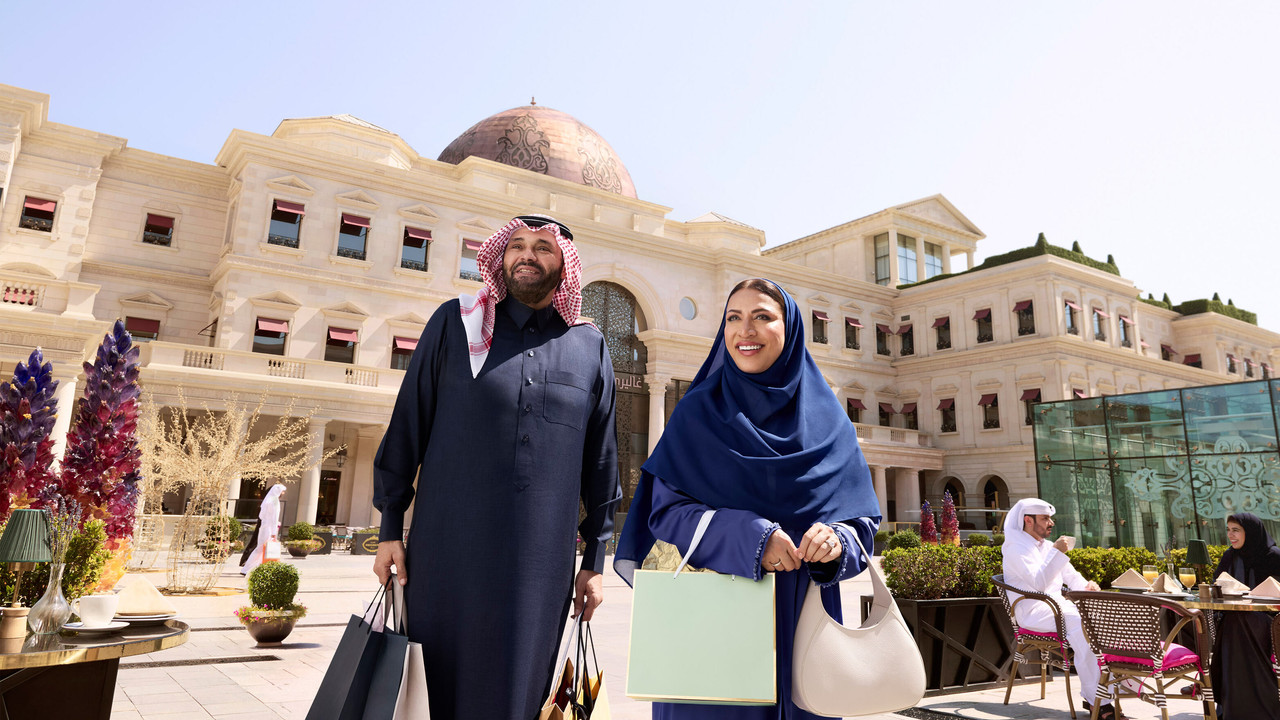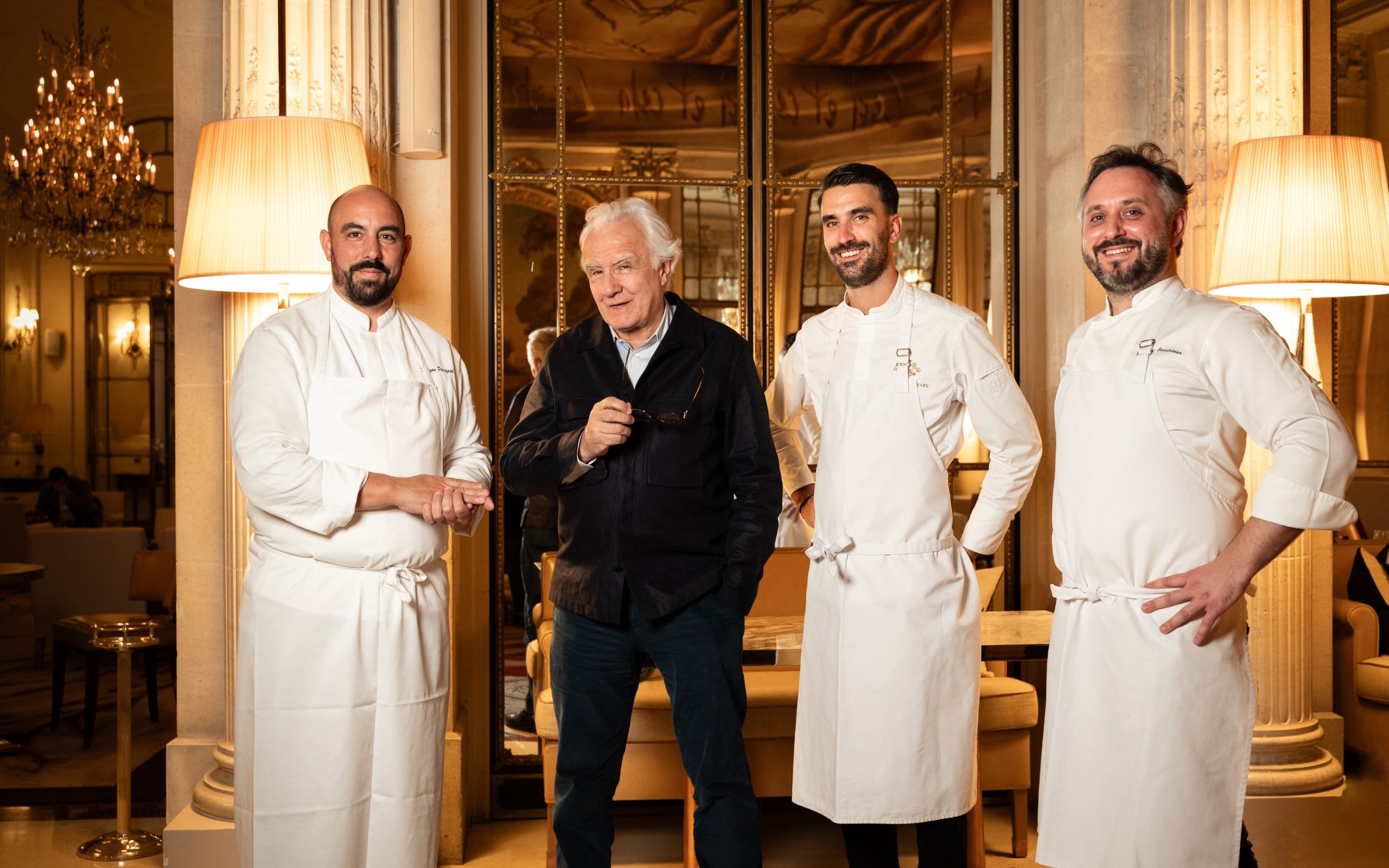The worsening political situation in Libya was believed to be a key point of discussion during the meetings in Doha.
Egyptian President Abdelfattah El Sisi concluded his two-day visit to Qatar on Wednesday, following the signing of various memoranda and discussions over regional issues.
Sisi’s visit was the first to the Gulf state since the 2017 GCC crisis and since the 2013 military coup that saw him seize power from then-leader Mohamed Morsi. The former president was Egypt’s first democratically elected leader.
On the last day of his visit, Sisi and Qatar’s Amir Sheikh Tamim bin Hamad Al Thani saw the signing of a memorandum of understanding (MoU) between Qatar Investment Authority (QIA) and the Sovereign Fund of Egypt for investment and development (TSFE).
The MoU was signed after Sisi attended the inauguration of the Qatari-Egyptian Businessmen Forum. During the meeting, he called on businessmen from both countries to seek investment opportunities in Doha and Cairo.
“It seems that the Egyptians are obviously still in a pickle economically and looking for potential bailouts or investments or at least a debt restructure,” Dr. Andreas Krieg, Assistant Professor at the School of Security Studies at King’s College London, told Doha News.
Another MoU was signed on sports cooperation and another on social affairs, exhibiting the growth of the two countries’ bilateral ties. The warming of ties came following the full restoration of relations in 2021 with the Al Ula Declaration after a three-year regional dispute.
In 2017, Egypt joined Saudi Arabia, the UAE and Bahrain in imposing an illegal air, land and sea embargo on Qatar over claims that it supported terrorism. Doha vehemently rejected those claims as baseless.
On 24 June, the amir made a similar visit to Cairo, marking the second such trip to Egypt since 2013.
Al Jazeera journalist released
On the last day of Sisi’s visit, Egypt’s Supreme State Security Prosecution (SSSP) decided to release Al Jazeera journalist Ahmed Al-Najdi.
According to the media network, Al-Najdi was detained by Egyptian authorities in August 2020, with three of his colleagues still behind bars based on charges that have been widely slammed as “baseless”.
It remains unclear whether the release of the journalist and crackdowns on Al Jazeera press were on the agenda between Sheikh Tamim and Sisi.
The three journalists still imprisoned are Rabie El-Sheikh, Hisham Abdel Aziz and Bahauddin Ibrahim. All of them are being held without a charge, based on similar accusations linked to allegedly “spreading false information”.
Al Jazeera previously condemned Cairo for its continuous imprisonment of its staff who faced periodic renewals under Egypt’s common tactic every 15-to-45 days.
In June, Reporters Without Borders said the four journalists’ “real crime” was working for Al Jazeera Media Network, which has continued to face a crackdown by Egyptian authorities.
Libya
The worsening political situation in Libya was believed to be a key point of discussion during the meetings in Doha.
Such speculations came after several Libyan officials made trips to Qatar in recent weeks, including Head of Libya’s Government of National Unity Abdul Hamid Al Dbeiba and Parliament Speaker Aguila Saleh.
“The Egyptians, as the country right on the border with Libya, have an interest in the stability and security in the country and have been taken aback by what happened over the last couple of weeks in terms of violence,” said Dr. Krieg.
Saleh travelled to Qatar on Saturday and met with Qatar’s Foreign Minister Sheikh Mohammed bin Abdulrahman Al Thani on Monday. The meetings took place after Libya witnessed its worst clashes between conflicting factions amid an absence of long-delayed elections.
“The Qataris have offered their good office to meet with the son of Haftar, Saleh and Dbeibah who have all been in Doha over the past couple of weeks and that kind of shows that there is an effort made at the moment to bring the east and west together,” added Dr. Krieg.
In August, at least 32 people were killed in deadly clashes, amid rising tensions between the UN-backed Government of National Unity (GNU) and the newly-appointed rival administration of Fathi Bashagha.
Qatar previously called on all parties in Tripoli to avoid escalation and bloodshed as the clashes continued. The Gulf state stressed “the need for the Libyan parties to work to ensure the protection of civilians and facilities, and to consider this a top priority.”
“I think it’s quite remarkable that the Egyptians and the Qataris can actually talk about Libya, constructively and that both sides actually trust each other, to bring this conflict to an end,” noted Dr. Krieg.
The internationally-recognised interim prime minister Dbeibah was scheduled to remain in power until the presidential elections of December 2021. However, the date was changed to January 2022 just days ahead by the High National Election Committee (HNEC).
Bashagha, widely viewed as General Haftar’s ally, took power the following month after being appointed by the eastern-based House of Representatives. The move was defended by the parliament which claimed that Dbeibah’s time in office had ‘expired’.
“It’s definitely a gamechanger for Libya because it won’t do away with the internal divisions in the country, but it creates a situation where there is external pressure to come together while for the last almost 10 years there were external pressures not to get together,” said Dr. Krieg.







